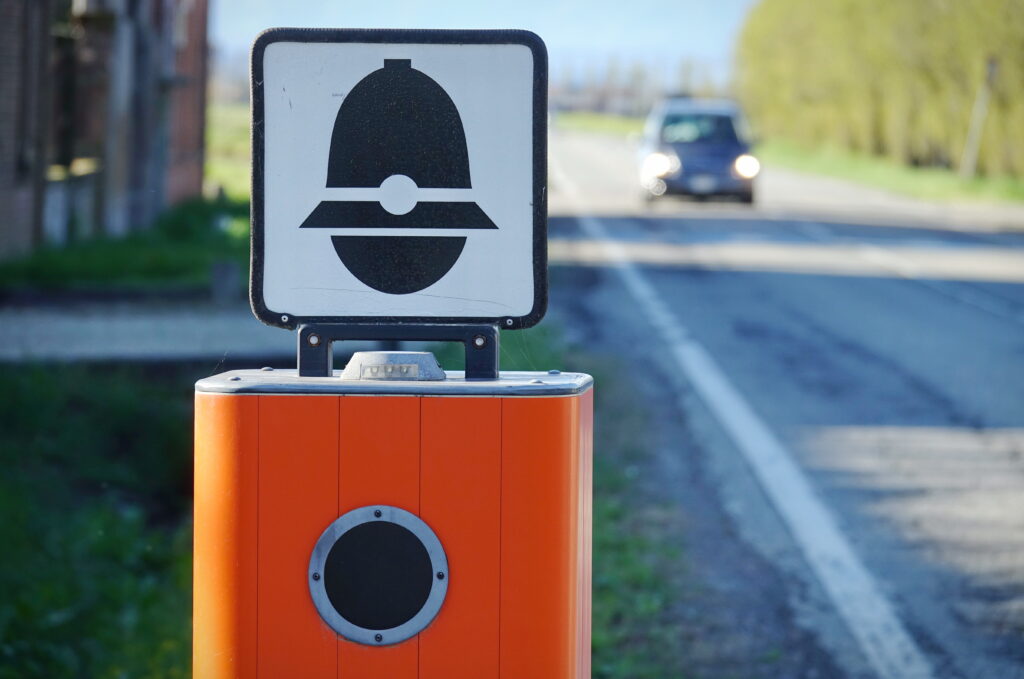When planning a vacation to Italy, American tourists are often focused on the excitement of exploring ancient ruins, savoring world-renowned cuisine, and experiencing the vibrant culture. However, to ensure your trip is as smooth and enjoyable as possible, it’s important to be aware of some key Italian laws that might differ from those in the United States. Here are some important regulations you should keep in mind during your stay.

1. Smoking Restrictions
Italy has strict smoking laws, particularly when it comes to indoor public spaces. Smoking is banned in bars, restaurants, and public buildings, including airports and train stations. However, smoking is still quite common in outdoor spaces, such as cafe terraces and parks. If you’re a non-smoker, this might be surprising, but it’s important to note where smoking is and isn’t allowed. Be sure to look for “No Smoking” signs and avoid smoking in areas where it is prohibited to avoid fines.
2. Public Drinking and Alcohol Consumption
Unlike in many parts of the United States, Italy has more relaxed laws regarding public drinking, but there are still important rules to follow. In most cities, you can enjoy a glass of wine or beer in public places, but this changes in the evenings and in specific areas. For example, in cities like Rome, Florence, and Venice, there are restrictions on drinking alcohol in public after a certain hour, typically around 10 or 11 p.m. It’s also important to note that being visibly intoxicated in public is frowned upon and could lead to trouble with local authorities.
3. Dress Codes for Religious Sites
When visiting Italy’s many beautiful churches, cathedrals, and religious sites, there’s a specific dress code that must be respected. Both men and women are expected to cover their shoulders and knees. This means no shorts, short skirts, or sleeveless tops. If you plan to visit the Vatican, St. Peter’s Basilica, or any other religious site, it’s wise to bring a shawl or scarf to cover up, or simply dress modestly. Failing to adhere to these dress codes could result in being denied entry, which would be a disappointment during your visit.
4. Traffic and Pedestrian Laws
Italian cities are known for their narrow, cobblestone streets and often chaotic traffic. If you’re renting a car, be aware that traffic laws in Italy can be very different from those in the U.S. Speed limits are strictly enforced, and fines for violations are often issued automatically by traffic cameras. Be particularly careful in Limited Traffic Zones (ZTL), which are common in historic city centers. Driving into these zones without proper authorization can result in hefty fines. For pedestrians, it’s important to remember that jaywalking is illegal, and you should always cross streets at designated crosswalks.
5. ID and Passport Requirements
In Italy, it is required by law to carry identification with you at all times. For tourists, this means having your passport or a copy of it on hand. Police can request to see your ID at any time, and failure to provide it could result in a fine or other complications. It’s a good idea to keep a copy of your passport in a secure place and carry the original with you, particularly when checking into hotels or when using public transportation.
Enjoying Your Vacation Responsibly
While Italy is a welcoming and tourist-friendly country, being aware of these key laws and cultural expectations can help you avoid any legal troubles and ensure your vacation goes off without a hitch. Respecting local customs and regulations not only enhances your travel experience but also shows respect for the country you’re visiting. So, as you enjoy the stunning sights, delicious food, and rich history of Italy, keep these laws in mind, and you’ll be sure to have a memorable and trouble-free trip.

